ALABEL, Sarangani (September 28, 2007) – Secretary Domingo Panganiban of the National Anti-Poverty Commission (NAPC) held a day-long briefing for local officials Thursday (September 27) on the merits of NAPC's program "Enhancing Grassroots Development Framework for Local Governance."
"For the 'judicious use of scarce resources', we implemented the Community-Based Monitoring System (CBMS) in the country's 36 provinces, each with its own unique mechanics of implementation," Panganiban said.
Panganiban said "CBMS is a tool to fight poverty and achieve the Millennium Development Goals (MDGs)."
"Sarangani has remained to be one of the top ten poorest provinces in the country," Governor Migs Dominguez noted.
"And again we begin to look more closely on how to address this by more effective delivery of social services such as health and water to our communities," the governor said.
Due to the urgent need for the program implementation, Dominguez urged the seven mayors of Sarangani, who were all present, for a 70-30 cost sharing of the P4 million cost estimate of CBMS first round of implementation.
CBMS Director Agnes Miranda explained that surveys of the Minimum Basic Needs (MBN) by the National Census and Statistics Board were not as detailed as that of CBMS.
"We do the survey per household and it is a complete enumeration of data using the 14-point core indicators," Miranda explained.
According to a NAPC briefer, "CBMS enhances the capacity of local governments in detecting and reducing poverty by promoting community participation, tapping the LGU personnel and community volunteers, use of pre-determined core indicators, complete enumeration of all households, and establishing databanks at all geopolitical levels."
CBMS provides technical support to the LGU on data collection, computer data processing, data validation, and preparation of socio-economic profiles and development plans.
The program has a fund support from the International Development Research Center (IDCC) in Ottawa, Canada through the Micro Impacts of Macroeconomic Adjustment Policies (MIMAP) Project of the Philippines.
NAPC officials said the implementation will undergo four-module activities: Data Collection, Data Encoding and Map Digitizing, Data Consolidation, and Plan Formulation to be monitored every three years.
CBMS' core indicators cover health, nutrition, housing, water and sanitation, basic education, income, employment, and peace and order.
"Based on the data, basic education for the youth of the province needs the most of the assistance from external donors," Miranda said.
"With the long-term projection of the governor, handa po kaming tumulong sa inyo sa programang ito ," Panganiban noted, referring to Sarangani's school building program.
The CBMS network, with international implementation throughout Asia and Africa, is under the Angelo King Institute for Economic and Business Studies of De La Salle University in Manila. (SARANGANI INFORMATION OFFICE/RGP)
Subscribe to:
Post Comments (Atom)




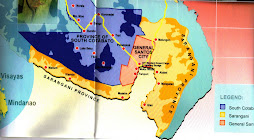


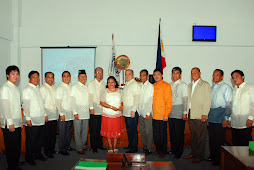


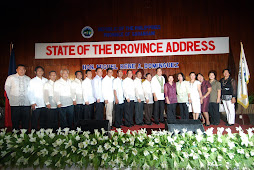
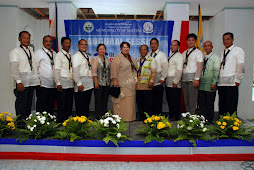




















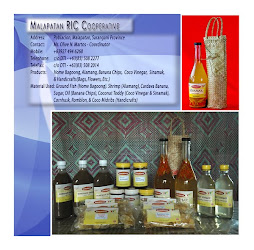






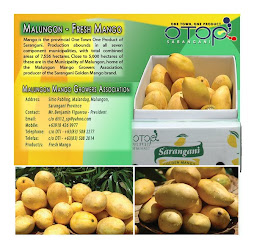



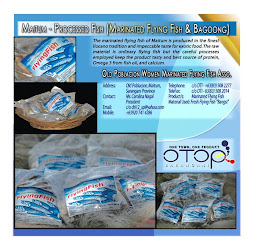









No comments:
Post a Comment